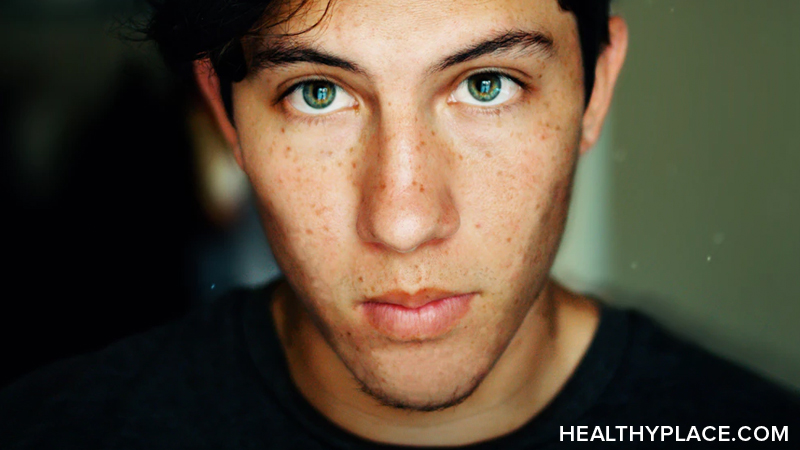Can an Adult Be Diagnosed with DMDD?

The simple answer to that question is no. Disruptive mood dysregulation disorder in adults is not possible because this is a childhood psychiatric disorder. At the same time, disruptive mood dysregulation disorder (DMDD) is a new diagnosis, and thus, there is much more to be discovered about this mental illness. This is especially true when it comes to DMDD prevalence rates, course, and effect on one’s wellbeing.
The few studies that have been conducted show a decrease in the prevalence of DMDD in adolescence. There appears to be a maturational element to the symptoms of disruptive mood dysregulation disorder, as they tend to decrease with age.
Potential Outcomes: A Childhood History of DMDD in Adults
DMDD is only diagnosable in children and adolescents, with the cutoff for diagnosis at age 18. Although it is inappropriate to assign the diagnosis of disruptive mood dysregulation disorder in adults, there is much to learn about adults with a childhood history of DMDD.
The long-term prognosis of children with DMDD is one of significantly impaired functioning. Young adults with a history of DMDD are shown to have elevated rates of depression and anxiety. This population of adults is also at an increased risk of meeting criteria for other, more serious psychiatric disorders such as depression and anxiety. Beyond being more susceptible to mental health problems, having a history of disruptive mood dysregulation as adults seems to increase vulnerability to a variety of issues.
- Health problems – the rates of health problems in adulthood are much more common in those with a history of disruptive mood dysregulation disorder in childhood. One study showed higher (self-reported) rates of smoking, sexually transmitted diseases, and contagious illness.
- Legal issues – adults with a history of DMDD in childhood are more likely to have legal issues and hostile police contact. This means higher rates of felony charges, physical fighting, and other risky or illegal behaviors.
- Substance use/abuse – studies indicate a history of childhood disruptive mood dysregulation disorder in adults increases the likelihood of substance use and/or addiction.
- Financial and educational problems – adults with a history of DMDD tend to have more difficulty obtaining and maintaining a job, and thus, are at an increased risk of being impoverished. Additionally, this population of adults is far more likely to have low educational attainment when it comes to graduating high school and/or completing any college.
- Social problems – a history of disruptive mood dysregulation disorder in adults can have an impact on social functioning as well. Adults who report a childhood diagnosis of DMDD are more often single or divorced individuals, lack close friendships and relationships with others, and experience poor parental relations.
Although the diagnosis of disruptive mood dysregulation disorder in adults cannot be assigned, having a history of this disorder in childhood can predict functional outcomes later in life.
APA Reference
Jarrold, J.
(2018, July 22). Can an Adult Be Diagnosed with DMDD?, HealthyPlace. Retrieved
on 2026, March 3 from https://www.healthyplace.com/parenting/dmdd/can-an-adult-be-diagnosed-with-dmdd



